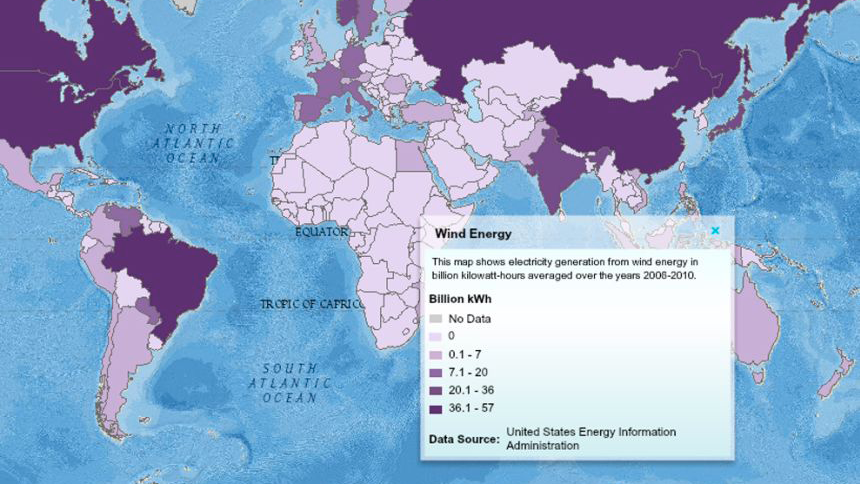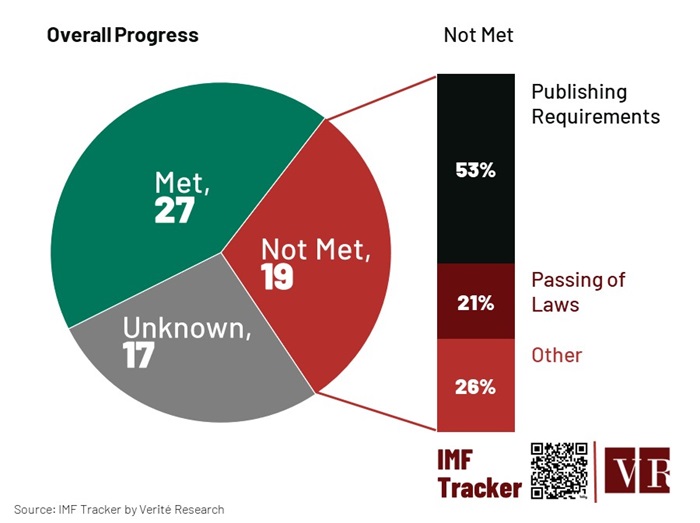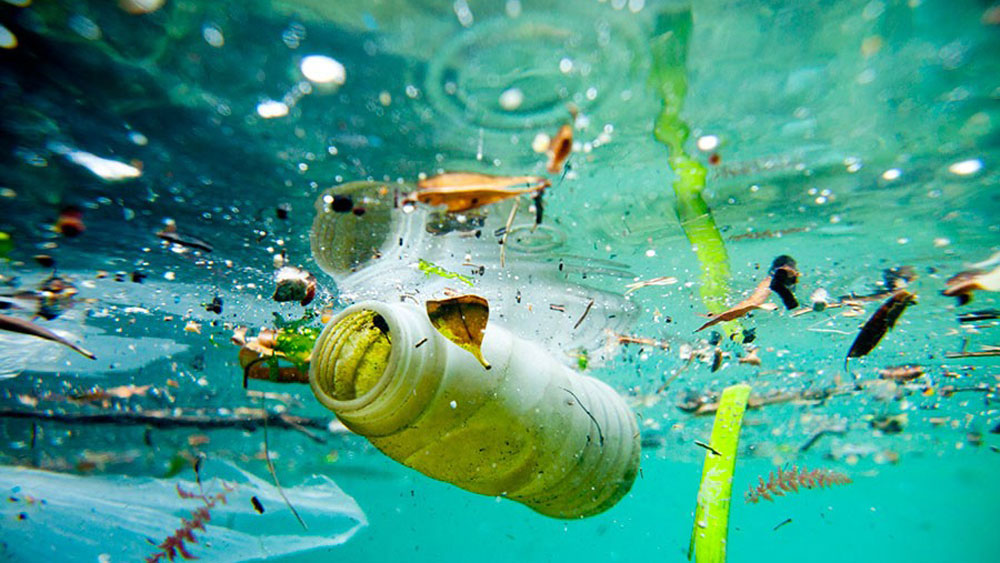Harnessing Wind Power, How Wind Energy Works and Its Impact

Wind energy, derived from the movement of air, has been a source of power for centuries. Today, wind turbines, towering structures with rotating blades, capture this energy and convert it into electricity. Let's explore how wind energy works, its advantages, challenges, and impact.
How Wind Energy Works:
Wind turbines, both horizontal-axis and vertical-axis, are the main tools for generating wind energy. Horizontal-axis turbines, with their large blades rotating parallel to the ground, are the most common. They face the wind, and as the blades spin, they turn a generator, producing electricity. Vertical-axis turbines have varied, circular blades that rotate around their tower, allowing for easier maintenance.
Wind farms, consisting of hundreds of turbines, are often constructed to generate large amounts of electricity. These farms can be onshore or offshore, taking advantage of strong and consistent winds. They're usually located in agricultural areas, where land between turbines can still be used for farming.
Advantages of Wind Energy
Renewable and Clean: Wind is an abundant and clean source of energy, reducing reliance on fossil fuels and decreasing air pollution.
Cost-Effective: Wind energy is relatively inexpensive, making it a viable option for both developed and developing economies.
Global Accessibility: Wind turbines can be installed almost anywhere, providing energy in remote areas and contributing to economic development.
Job Creation: Wind energy projects create job opportunities in manufacturing, installation, and maintenance, supporting local economies.
Challenges of Wind Energy
Initial Cost: Setting up wind farms and installing turbines requires significant investment, although operational costs are low.
Land Use and Habitat Impact: Wind farms may compete with other land uses, such as agriculture, and disrupt wildlife habitats.
Wildlife Concerns: Wind turbines can pose risks to birds and bats, requiring mitigation measures to minimize impacts.
Offshore Challenges: Offshore wind farms may affect marine ecosystems and require careful planning to minimize environmental impacts.
Transmission Issues: Wind-rich areas are often remote, necessitating the construction of transmission lines to deliver electricity to urban centers.
Impact of Wind Energy
Economic Growth: Wind energy contributes to economic growth by creating jobs, stimulating investment, and reducing energy costs.
Environmental Benefits: Wind power reduces greenhouse gas emissions and air pollution, improving air quality and mitigating climate change.
Energy Security: Diversifying energy sources with wind power enhances energy security and reduces dependence on imported fuels.
Community Development: Wind projects can provide economic opportunities and infrastructure improvements in rural communities.
Wind energy offers a sustainable solution to meeting energy needs while mitigating environmental impacts. By addressing challenges and maximizing benefits, wind power can play a significant role in the transition to a cleaner and more sustainable energy future.
Related News
Gateway Colleges Colombo and Kandy excel at Netball
GCC - GCK Teams with the Coaches and the Officials Gateway College Colombo (GCC) triumphed as the 'Champions' at the Inter International…
Read MoreDigital Marketing: Your Gateway to a Dynamic Career
In today's digital age, businesses are increasingly relying on digital marketing strategies to reach and engage with their target audience. Studying digital…
Read MoreCybersecurity: Securing Your Future in the Digital Age
In an increasingly digital world, cybersecurity has become a critical field with immense opportunities for those looking to build a rewarding career.…
Read MoreHow Social Media Influencers Are Like Modern Entrepreneurs
In today's world, social media influencers are like the entrepreneurs of the digital age. They use social media platforms to build their…
Read MoreTaking Action against Ocean Pollution: Solutions for a Cleaner Future
The crisis of ocean pollution demands urgent action from individuals, communities, and governments worldwide. While the problem may seem overwhelming, there are…
Read MoreCourses
-

IIT – BSc (Hons) Artificial Intelligence And Data Science
IIT Campus Overview The BSc (Hons) Artificial Intelligence and Data Science course is awarded by Robert Gordon University (RGU) in the UK… -

ICBS – International Degree Foundation in Business / IT
ICBS Overview The Scottish Qualification Authority (SQA) is a globally recognized organization dedicated to education and qualification development. SQA is responsible for… -

APIIT – BA (Hons) Finance and Business Enterprise
APIIT Sri Lanka Overview Finance and accounting are no longer just about taxation and the management of financial capital. This award will… -

APIIT – MBA General
APIIT Sri Lanka Overview The MBA is awarded by Staffordshire University, UK. This award is an advanced course of study in management… -

ANC – LLM in International Business & Commercial Law
ANC Education Overview This course is designed for graduates of law, business and finance in a legal or a corporate job role… -

AOD – BA (Hons) Fashion Design and Marketing
Academy of Design Overview The syllabus is from the UK’s Northumbria University, as one of their most revered flagship programmes and is… -

APIIT – MSc. Marketing Management
APIIT Sri Lanka Overview This MSc Marketing Management degree – awarded by Staffordshire University, UK is an advanced course of study in… -

ANC – BSc (Hons) Information Technology (Top-Up)
ANC Education Overview Globally, Information Technology (IT) skills continue to be in high demand from businesses in many sectors. This IT degree… -

UTS – Diploma of Engineering
UTS College Sri Lanka Overview Are you inspired to create change in the world? Are you always looking for a better solution?… -

IMC – Foundation in Science
IMC Education Overview For students intend to practice Medicine abroadPathway to Medical Careers in Australia I UK l USA l New Zealand… -

CSA – Bachelor of Architecture Honors Degree
City School of Architecture Overview The Bachelor of Architecture Honors Degree at the City School of Architecture has been awarded by the… -

ICBS – MBA International Business
ICBS Overview The MBA program awarded by the University of the West of Scotland (UWS) is a prestigious and comprehensive program designed… -

APIDM – Diploma in Digital Driven Marketing
APIDM Overview Digital Marketing revolves around a constantly evolving landscape and it offers endless career opportunities for growth and success around the… -

CSA – Diploma in Architectural Studies
City School of Architecture Modules Year 1 Design Architectural Studies History of Architecture Theory of Architecture Arts Architecture and Structures Materials and… -

ICBS – BA (Hons) International Business and Finance
ICBS Overview The BA (Hons) International Business and Finance degree, awarded by the University of the West of Scotland, is a comprehensive…
Newswire
-

State Minister assaults Porter at Katunayake Airport (CCTV)
ON: May 16, 2024 -

9 Pakistani nationals sentenced in 2020 drug case
ON: May 16, 2024 -

Former SL ambassador to Russia claims to be former KGB spy
ON: May 16, 2024 -

How the teams qualified for the ICC Men’s T20 World Cup
ON: May 16, 2024 -

SL fails to meet 30% of IMF commitments by end-April
ON: May 16, 2024







